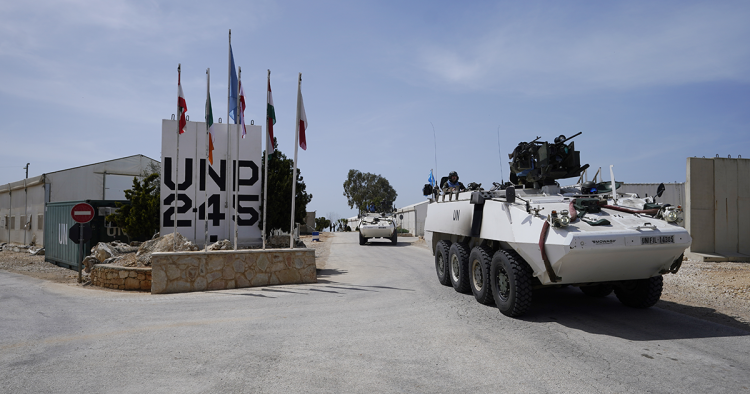There was a real possibility earlier this summer that the United States was going to veto the renewal of the UNIFIL mandate in August. Ultimately, a wiser course prevailed, when the UN Security Council extended UNIFIL's mandate "for a final time" last week until the end of 2026. This step is a positive one for everyone concerned except Hezbollah and its foreign patron, Iran.
Putting Lebanon and Israel aside, it is an encouraging development for those who complain about expensive UN peacekeeping operations that rarely go away, whether or not the crises that caused their creation are active or that the UN troops are doing anything to hasten a solution to conflict. The charge is not entirely valid; seven UN peacekeeping operations in Africa, three in Latin America, and two in East Asia have been terminated over the years. But 15 remain. Apart from UNIFIL, there are three in the Middle East -- MINURSO in the Western Sahara, UNDOF on the Golan, and UNTSO along the 1949 armistice lines surrounding Israel -- that critics enjoy charging as having contributed nothing to conflict resolution for decades.
The Middle East Institute (MEI) is an independent, non-partisan, non-for-profit, educational organization. It does not engage in advocacy and its scholars’ opinions are their own. MEI welcomes financial donations, but retains sole editorial control over its work and its publications reflect only the authors’ views. For a listing of MEI donors, please click here.













